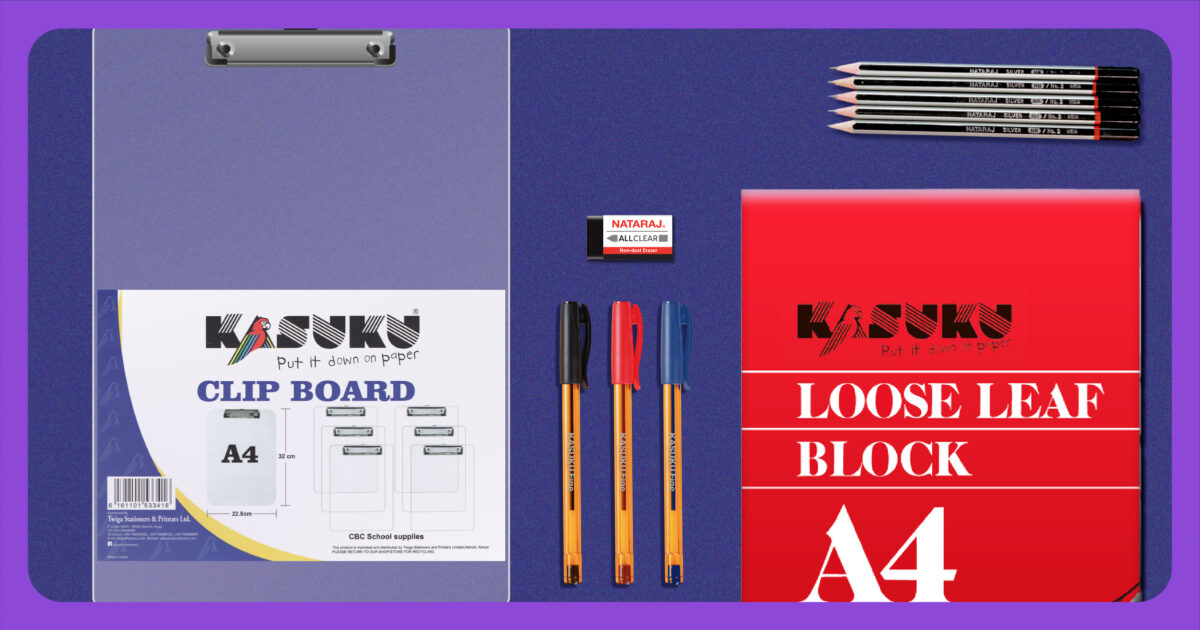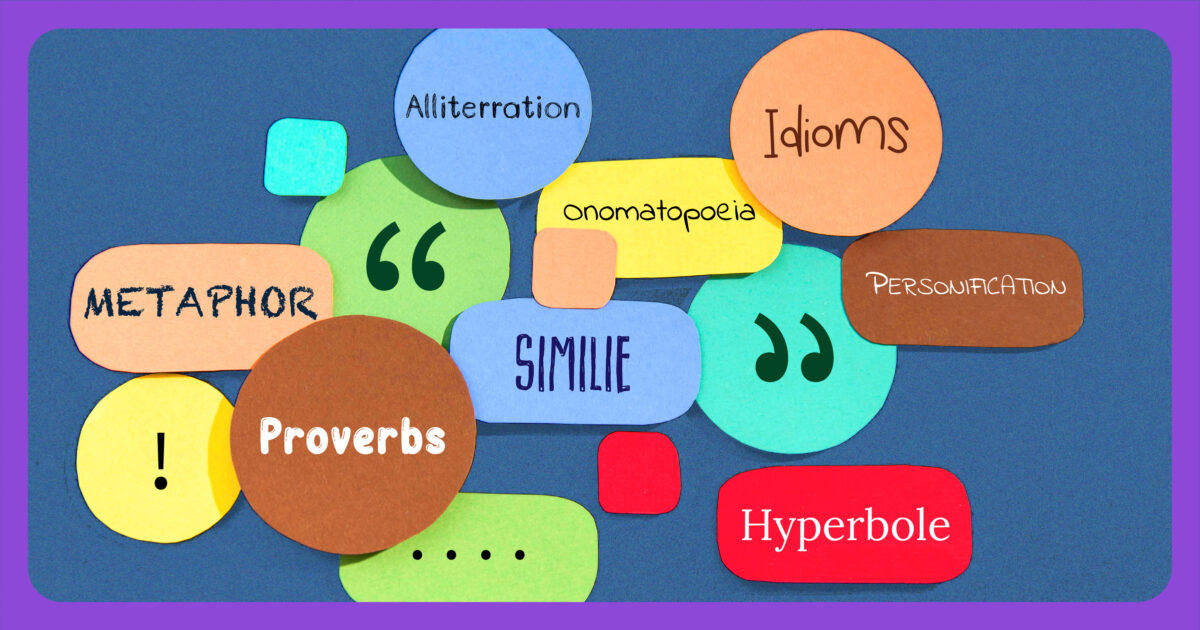Media center

Transform Your Compositions from Basic to the Best They Can Be!
Good composition writing is a key component in not only getting good grades, but also in allowing us to convey our ideas and emotions. At first glance, composition writing may seem challenging, but with the right guide, it becomes a breeze in no time! Here is how:
Proper Stationery
Did you know the right stationery can make or break your confidence as you write? Imagine having the exam you have prepared for in front of you, then next thing you know your pen runs out and you don’t have a spare? That is why it is key to get stationery items with which you feel comfortable and always have a spare! From different colored pens, and pencils, to storage files, get quality stationery from Kasuku and ace your papers!
Use of Figurative Speech
A good writer utilizes a wide range of writing styles to keep their work interesting and engaging. For example, using figures of speech such as:
- Similes: “As innocent as a lamb”
- Onomatopoeia: “Beep! Gush! Screech! Pop!”
- Metaphors: “Her eyes were diamonds”
Such figures of speech add a certain ‘Je ne sais quoi’ to your work making it more enjoyable to read, helping your readers create imagery through your words. We have given just a few examples; however, there are many more you can use to your advantage. So, grab your favorite Kasuku A4 exercise books, pens, and begin exploring the world of literature!
Proper Grammar and Spelling
As you write your compositions, using correct punctuation is a necessity! Punctuation is important as it gives your composition a good flow and allows your words to be portrayed just as humans speak – making them more relatable. Avoid spelling mistakes that could lose marks in your paper by proofreading everything before you submit. The following are some punctuations that will elevate your essays:
- Colon (:) Used to introduce additional information
- Hyphen (-) Used to form compound words
- Asterisk (*) Used to indicate a footnote
Practice regularly
Practice doesn’t always make perfect, but it sure does make progress! So, the more you sharpen your writing skills, the further they will take you. Read regularly, test yourself, write short novels, write summaries… Do it all! This is how you will discover how to develop your strengths and improve your weaknesses. If you feel there is a future author within you, do everything you can to bring that version of you to life!
We hope these tips have encouraged you to work hard on your compositions and showed you how to go about it. Browse through our stationery catalogue and ensure you have all the items you need to thrive with Kasuku!








